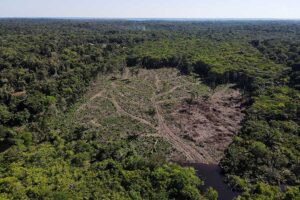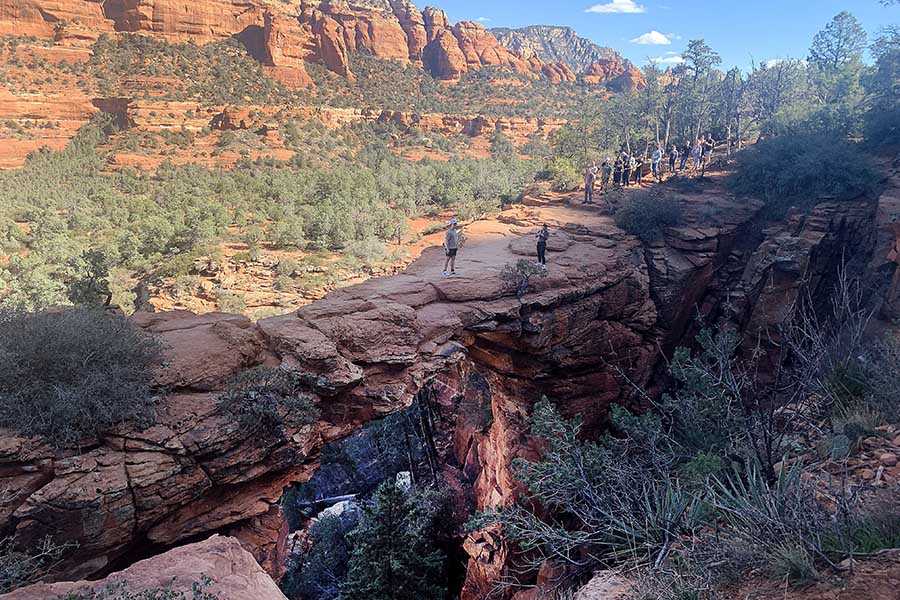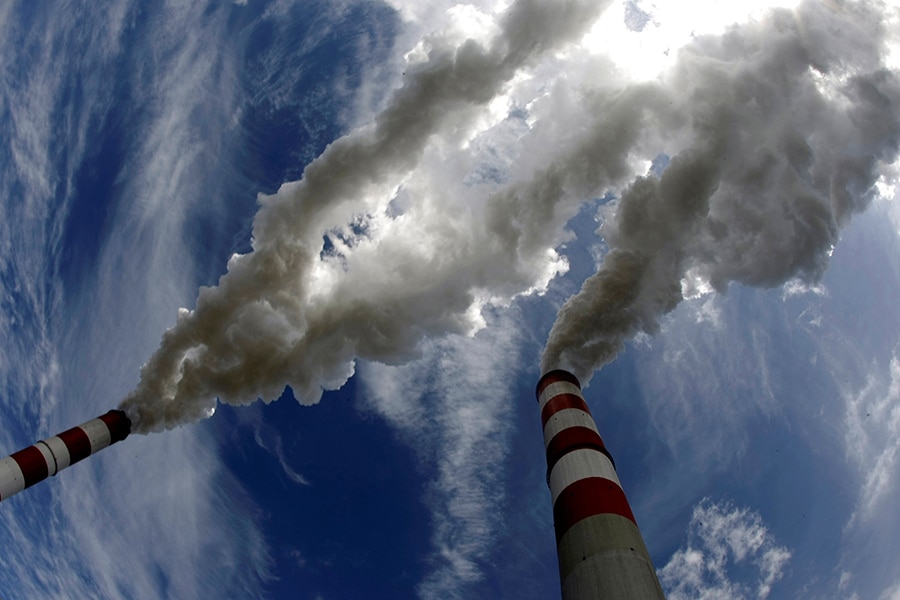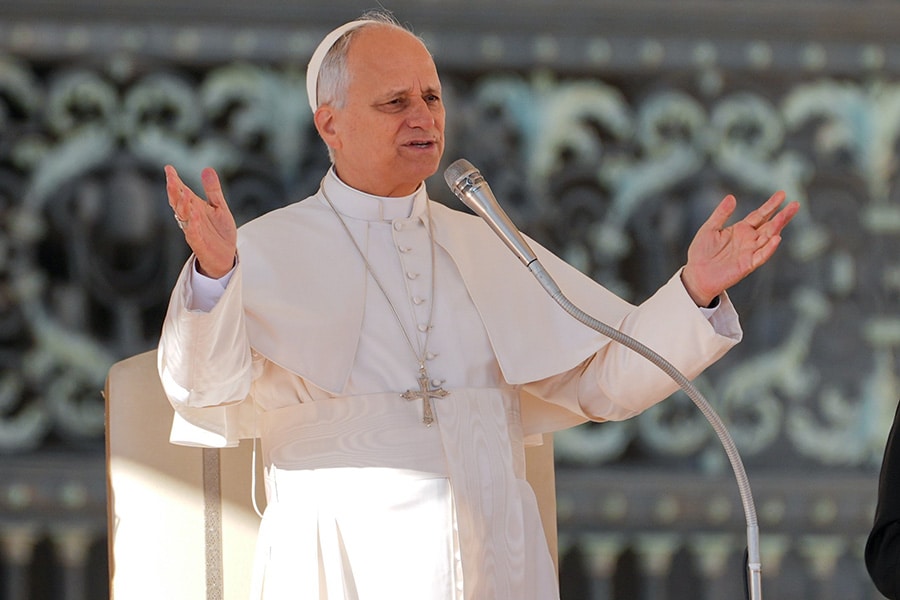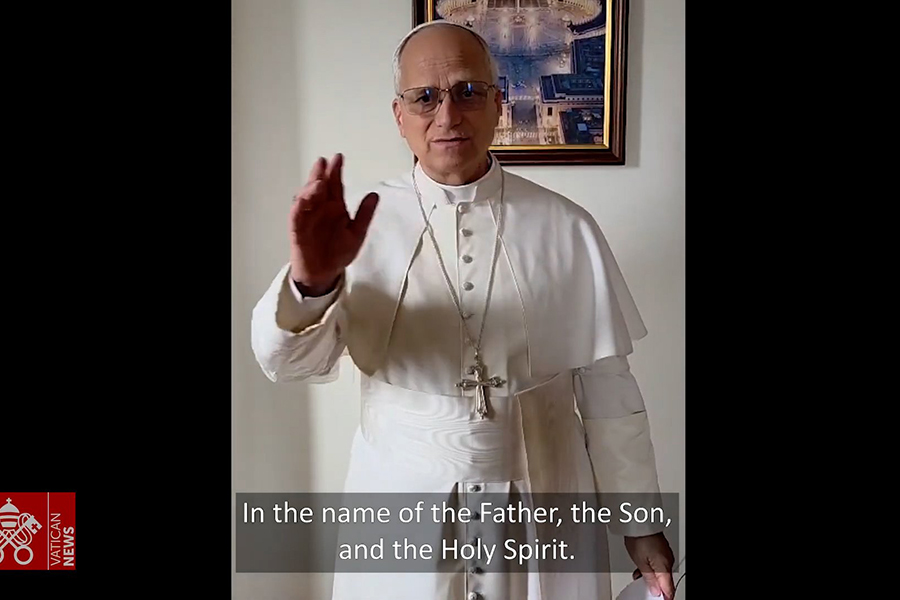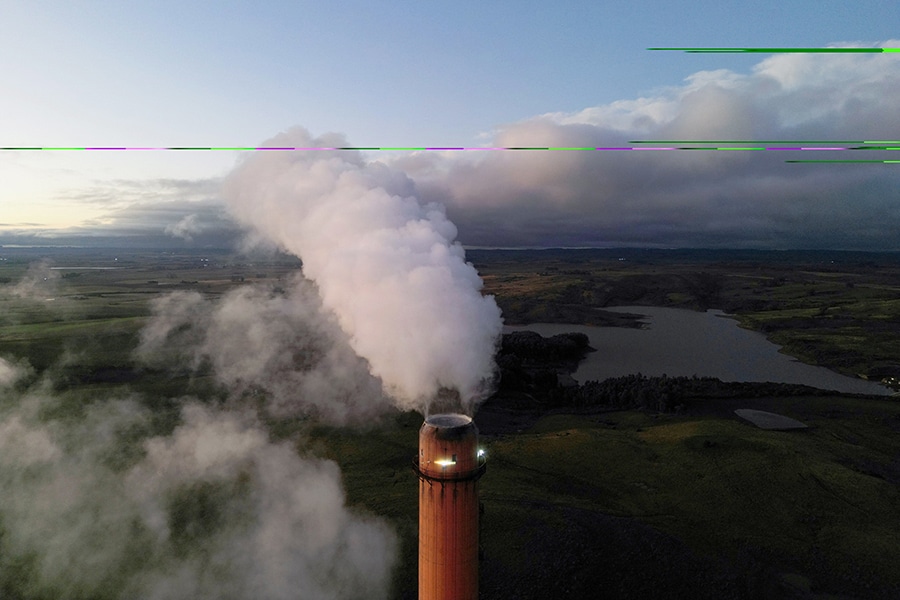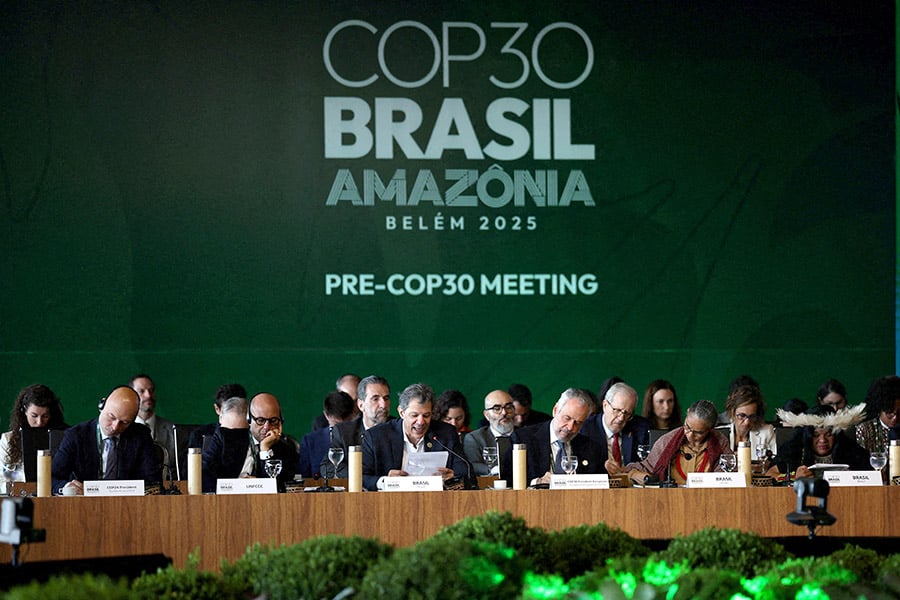SÃO PAULO (CNS) — As representatives from nearly 200 countries gather for the U.N. Biodiversity Conference in Montreal, environmental activists living in the Amazon region hope the conference’s proposals will generate new projects in favor of the forest and the populations that live in the region.
“More than half of the world’s remaining tropical forests are in the Amazon biome,” said Ima Célia Vieira, researcher and adviser to REPAM, the Pan-Amazonian Church Network, in Brazil.
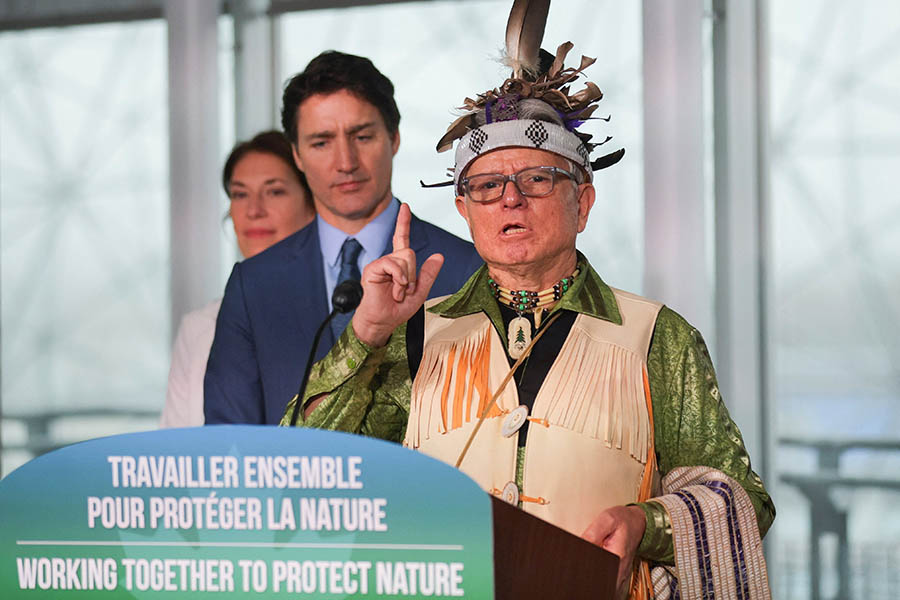
Vieira says it is a consensus in the scientific community that the Amazon is key in conserving biodiversity and regulating the planet’s climate and that Brazil has already shown it is possible to understand the region and contain the destruction of the Amazon through strong institutions and close supervision.
For Deacon Alirio Cáceres Aguirre of the Archdiocese of Bogotá, Colombia, the Amazon region not only helps remedy the climate emergency, but, due to the complexity of its biome, regulates the heartbeat of the earth.
“The Amazon is the cradle of a new way of living Christianity. The Amazon loves itself, takes care of itself, defends itself. The Amazon is not for sale. It is not only a task of bishops, it is the community of baptized who, from their diversity, navigate (this region), proclaiming the full and overflowing life announced by Jesus,” said Deacon Aguirre, who is also a member of the Mesoamerican Ecclesial Ecological Network, linked to the Ecclesial Conference of the Amazon.
The deacon said one of the things to watch for at COP15 was the influence the church’s social doctrine may have among the decision makers from the different countries.
He said a church present in the Amazon is linked to the systemic change explained in the papal documents “Laudato Si’,” “Fratelli Tutti” and “Querida Amazonia.”
“Our civilization requires a profound ecological conversion. To do this, it must have the wisdom of the original peoples who have lived with the jungle for thousands of years without destroying it,” said the deacon.
However, he said, prior conferences indicate that the United Nations is ineffective when it comes to determining the compliance of agreements, and something similar may occur with COP15.
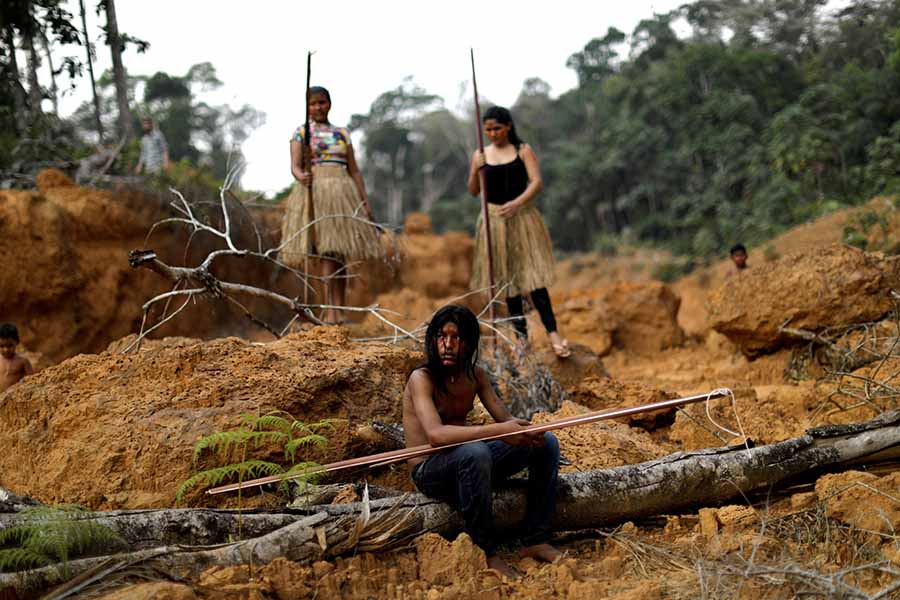
“The lack of political will to finance the Aichi (biodiversity) targets, agreed upon at COP10 in Nagoya, Japan, in 2010, has been evident,” he said.
Deacon Aguirre said COP10’s Strategic Plan for Biological Diversity 2011-2020 died, while the loss of biodiversity has grown exponentially since 1970, reaching 69 percent. During the same period, the deforestation rate in the Amazon has exceeded 20 percent, and the increase in its average temperature is above 1°C, according to the World Wide Fund for Nature.
He said members of the Ecclesial Conference of the Amazon believe COP15 must provide a world framework for biological diversity.
But this, he notes, requires an “economy with a soul,” in which people put the common good before individual interests.
Deacon Aguirre stressed that the Amazon “cannot be considered a commodity.” He said countries must put a moratorium on projects that include fossil fuels and mining.
Vieira agreed.
“It is important that governments and companies make a commitment to reduce subsidies for activities that destroy biodiversity. It is also important to have a plan for the expansion and maintenance of protected areas, respect for the rights of traditional peoples and their territories,” she said.
Vieira said since 2002, members of the Biodiversity Convention have committed to reducing the rate of biodiversity loss, but they have failed. Only two of the 22 proposed global targets were achieved. For a Montreal agreement, political advances are needed for a new pact capable of curbing the loss of species, she said.
“With the advance of deforestation in the Amazon and the worsening risk to biodiversity, the responsibility of participants in Montreal increases. The future of the planet’s biological diversity is at stake,” she said.
Deacon Aguirre put it another way: “Walking together, in synodality, let us nations go from saying to doing, so that the life revealed in the Amazon is admired and protected from the petty interests that threaten it.”
Caring for creation this Lent
Like the popes and bishops speaking up to protect God’s creation, our Catholic faith calls all of us to bring our values to public life, too. You can join churches and millions of Americans in conserving resources, advocating for change and supporting initiatives to give our children a cleaner, healthier world.
Trump administration announces repeal of landmark EPA regulation on greenhouse gasses
The Trump administration will repeal a landmark scientific finding that was the legal basis for federal greenhouse-gas regulation, President Donald Trump said Feb. 12.
Believers must care for the poor and creation, pope says
As the U.N. Climate Conference continued in Brazil, the pope dedicated his weekly general audience talk Nov. 19 to explaining how Jesus’ death and resurrection should lead Christians to “a spirituality of integral ecology,” which seeks the good of the human person and the planet.
Continue Reading Believers must care for the poor and creation, pope says
‘Creation is crying out,’ pope says in new message to COP30
While “creation is crying out” and millions of people suffer the effects of climate change and pollution, politicians are failing to act, Pope Leo XIV said.
Continue Reading ‘Creation is crying out,’ pope says in new message to COP30
Delegation of top prelates, lay activists gives Brazil church strong presence at COP30
The 30th United Nations Climate Change Conference, known as COP30, takes place in Belém, Brazil, Nov. 10-21 and will gather a significant number of church officials and activists — a sign that the climate crisis has become a central concern for Catholics.
Bishops, humanitarian leader urge bold, courageous action at UN climate conference
Government officials, scientists, business leaders, activists and others from more than 190 nations will gather for the U.N.’s COP30, which will take place Nov. 10-21 in Belém, Brazil.
Continue Reading Bishops, humanitarian leader urge bold, courageous action at UN climate conference
Copyright © 2022 Catholic News Service/U.S. Conference of Catholic Bishops
